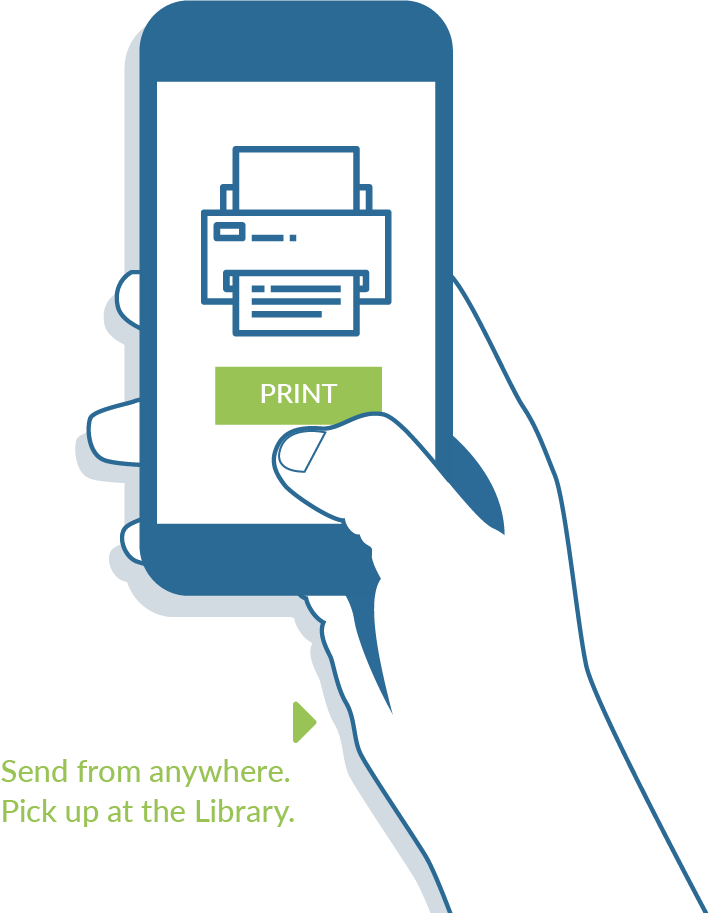Jenny Seachrist – Special Programs Coordinator Unit 40
When did you hear about the pandemic?
I was here working and it was evolving and changing constantly. It was around March 13th, when it happened; we thought we were going home that Friday and we would clean up and be back soon. You had all the news from around the country and some people were saying, you know we think this is going to be a long deal. But I truly never realized how long it was going to be. I remember thinking we will figure it out. I didn’t realize we’d be sitting here wearing a mask, how many months later.
How did your role change when the schools closed?
That’s hard to answer because it changed 100%, to trying to give guidance to our staff members on how to proceed, and how to give remote learning to children. I oversee students with special needs and so that was a huge concern. The impact of remote learning on children who need specialized instruction and hands-on learning. So it was a lot of work and collaboration with other coordinators and lawyers across the state, and then trying to help our staff to meet the federal guidelines of giving students with disabilities an education. Individual Education Plans were not designed for COVID or remote learning so we were in a situation where it was so hard to provide what they needed. And we had no guidance on how to do it. And no one did in the state. So we were all together trying to figure out how to provide. services to kids in a remote learning situation.
What do you and your schools do to support remote learning for students?
Our teachers did so much. They worked harder than they’ve ever worked. To call, reach out. They worked all day, and took care of their kids. Then worked again in the evening when parents were coming home from work. There was a lot of professional development and people learned on their own; what is Google Meets, what is Zoom. This summer, Unit 40 has done a really wonderful job on providing professional development for our teachers so that they would have training, knowing there will be remote learners. Many have had to go outside their comfort zone with technology. Now I’ve been providing guidance on remote learning on what it’s going to look like this year which is very different than it did last year. It’s going to be more involved.
What do you think the biggest challenge was?
How do you take what we do in person and create a remote learning plan from that. So that was the biggest challenge. Then on top of that I have the Individual Education Plans and Services. How do you translate those into a remote learning plan along with the fact there was no leniency in timelines and federal guidelines that we need to adhere to as special educators. And how to support our staff? And how to help our parents? We just did a lot of working together, phone calls. Zoom meetings and documenting our attempts. Our teachers did a great job with that. Our parents were fabulous. When I reached out to parents, having that ongoing conversation, checking in on their kids and such, I didn’t meet any anger toward the school or it was just disappointment of the current situation in our world. It was nice to see everyone pulling together saying “I know this is hard, we’re not angry with the schools, we just want to be in person. And I wish this wasn’t happening.” That’s what I met for the most part. Let’s pull together and figure out how this is going to work because it’s not an Effingham thing. This is across the State, across the world. So that’s what I’ve seen so far.
The biggest frustration is there are no guidelines, it’s local decisions. There are no instructions on how to do this. With it being local decisions that’s a good thing and a bad thing, it’s a struggle. The State has told us we can, if we can do it safely. So we follow the health codes and work very closely with the local health department. The Health Department has done a wonderful job.
Our administrators! It’s been amazing what they’ve done. They’ve taken little to no time off this summer and they’ve done a great great job.
Were there new things you learnt?
The biggest thing I’ve learnt is to prioritize. I’ve always had to do that. I’ve never been able to walk away from my job and say it’s done. This is a job that you do the best you can and you come back the next day and keep at it. But I’ve really had to say what is the most important thing and the things that used to be extremely important are now way down the list and that’s really hard because I’ve had to retrain. Before COVID it was all about timelines, guidelines, and now it’s how do we get the kids back in school. How do we develop a remote learning plan. How do we develop a shortened schedule. The things I used to lose sleep about are now down the list. I tell our administrators and our teachers to prioritize, you can’t do it all. And this is a fluid situation. Our special ed teachers are developing a plan for each situation we could be in. So we can move fluidly between each situation.



